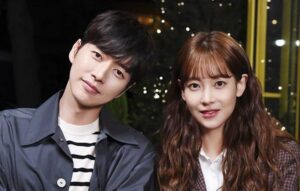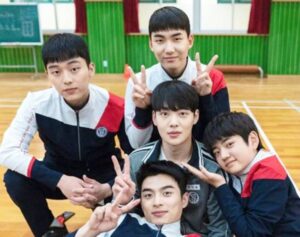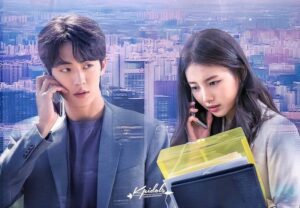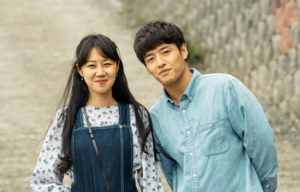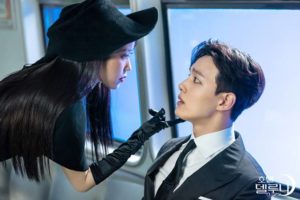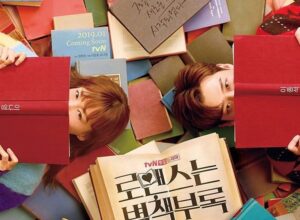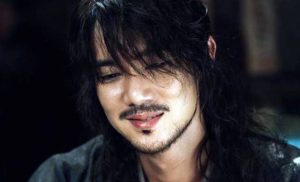“Mouse” (마우스)
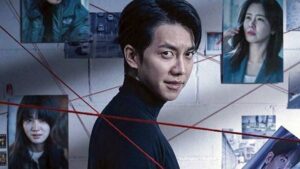
If there was a test that determined whether your unborn child carried a psychopath gene, would you trust it enough to terminate your pregnancy? Or would you believe that regardless of your child’s genetic makeup, you could raise him to be a good person who wouldn’t grow up to be a killer? Would you trust nurture or nature?
